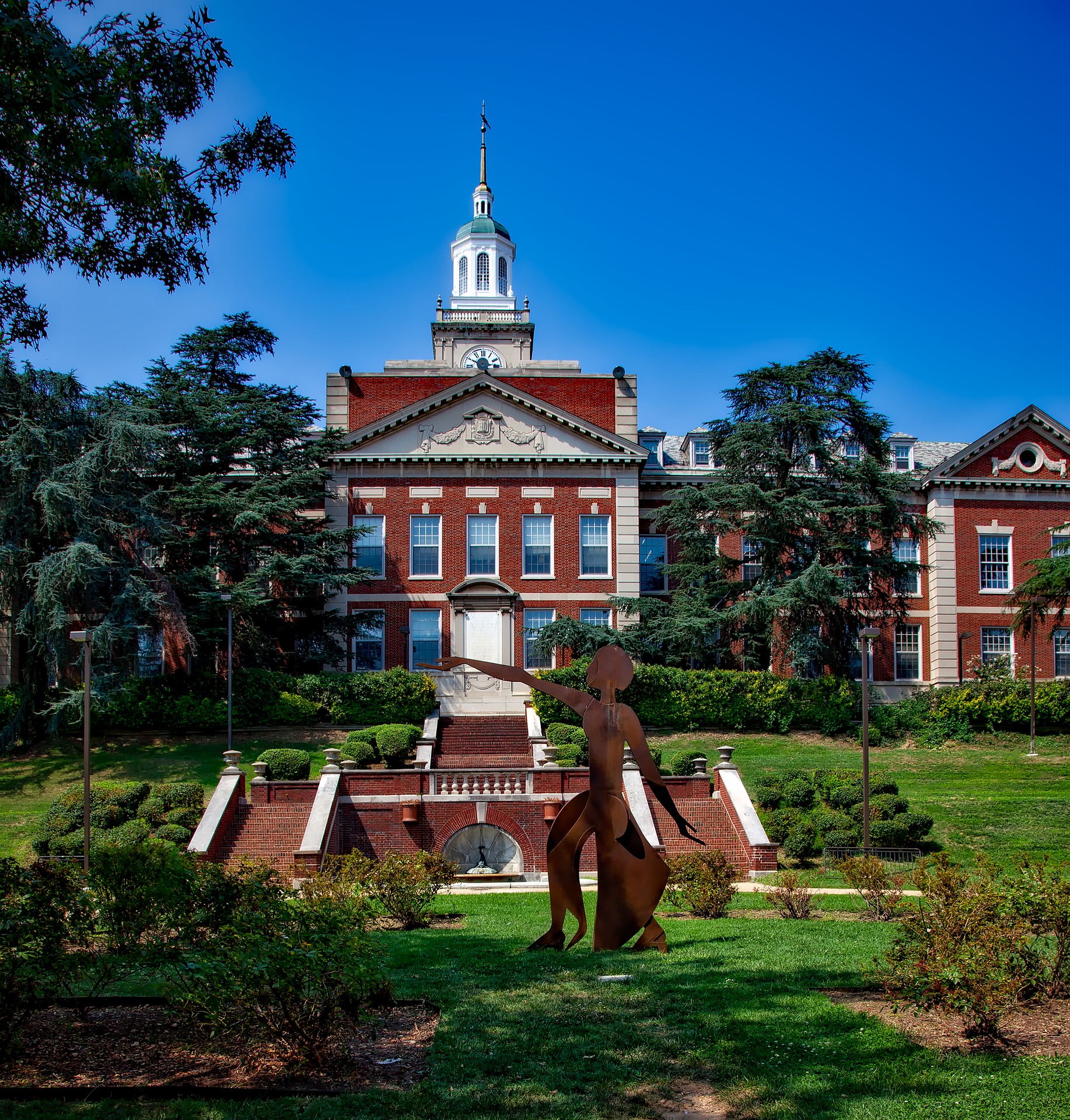Views expressed in opinion columns are the author’s own.
Howard University students have a lot to complain about. A month ago, they were speaking out against the abysmal conditions of their dorms — plagued with pests, broken heating units and bureaucratic errors — and as of Wednesday, they’re in their seventh day of protests in the university’s administration building.
This building occupation was triggered by the discovery that several university employees had misused financial aid funds for nine years, but that was just another grievance among many. Now that the tension has broken, it’s only natural that students demand the university address all its shortcomings; the protesters have leverage for this fleeting period, and they want to make the most of their position. They’ve consolidated their needs into nine demands, which range from improved mental health resources on campus to the immediate resignation of Howard University President Wayne Frederick.
This protest is well-coordinated, justified and overdue. It’s commendable that students are taking control in a meaningful and peacefully disruptive way. However, their protest has become too amorphous and taken on too many causes to make effective change at this point. By trying to address every shortcoming of the university, they’ve undermined the cohesiveness and unity of their movement.
Even the list of demands they created has conflicting aims. At once, they’re trying to freeze tuition costs and have the university show greater financial accountability while also allocating funds to fight gentrification in their communities. The university can’t allocate funding to these new projects if the students aren’t supplying it. Money can’t be put into the surrounding neighborhood when the university’s facilities are already inadequate; these causes drain resources from each other.
Moreover, gentrification is a function of people with money coming to the area. Howard University is an expensive private institution in an expensive part of an expensive city. Students come in paying high tuition and struggle to make rent, but they’re already part of a wealthier class compared to the surrounding areas. They’re inconvenienced by the elevated cost of living in Washington and tasking their university with doing something about it, but that’s a limited framework that disproportionately benefits students’ quality of life, as opposed to people in the surrounding areas.
While it may be an attempt to bring their civic unrest out of the bubble of their university, these protesting students can’t address issues so large and outside their scope effectively. However these protests end, the requested funds and manpower can’t be sent internally to increase mental health and sexual assault resources while also being sent externally to fund food pantries and community outreach efforts.
Moreover, some of these requests are asking too much. At the end of their list is the demand that students have the ability to participate in administrative decisions through popular vote, immediately after demanding the current executive committee of the university resign. While this protest is all about students reclaiming power from a corrupt administration, I don’t think the latter will acquiesce to this democratization of power. It’s a major systemic change that also won’t occur over weeks or months of protest. Restructuring power dynamics on this scale takes a lot of time and consideration of consequences that don’t fit the actionable timeline for these students.
And ultimately, it pushes students to ask, what is this whole thing about? Are they protesting because their housing is bad, because their money is being misused, because their school perpetuates oppressive power structures? Not every issue touches every student as deeply, not every issue has a clear solution, and not every issue can be resolved in one campaign.
While it’s reasonable for students to expect ethicalness and change from Howard University, the demands they’ve made can’t all be accomplished in the scale of their current protests. By taking on every cause, they’ve weakened their message and hindered their own progress. As of Saturday, one demand of the nine has been met, and the future for the rest remains unclear.
Sona Chaudhary, opinion editor, is a sophomore English and geology major. She can be reached at sonachaud@gmail.com.



